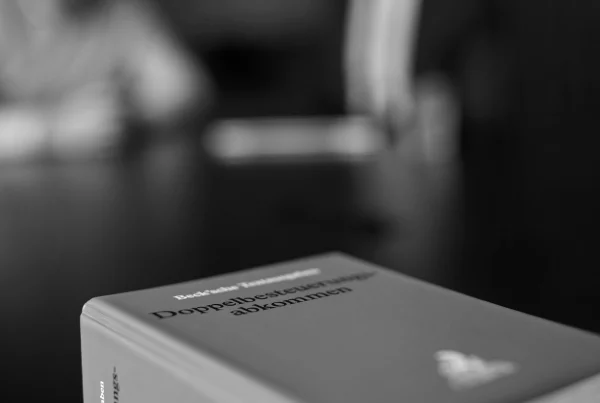In Germany (but also elsewhere) especially young companies in an initial growth phase (pre-seed) or as bridge financing raise capital by Convertible Loan Arrangements (CLA’s). The conversion option into equity provides investors with the prospect of receiving shares in the financed GmbH (or other legal form off of the financed business) at a discount to the valuation in a subsequent financing round.
In the US and elsewhere SAFE arrangements (SAFE= simple agreement for future equity) and token-based SAFT arrangements (SAFT= simple agreement for future tokens) have been popular for quite a while. As a difference to the arrangements in Germany, the capital provider of a US SAFE does not request interest on the loan because of the prospect of the discounted shares (sweet equity).
“Swapping” a CLA receivable into discounted shares is tax privileged in Germany, certain requirements being met. Moreover, a CLA financing does not require a valuation of the company in the first place – which is another benefit of CLA’s. Finally and as another benefit from a practicality perspective, in many scenarios a notary is not involved when entering into CLA arrangements. Only the subsequent granting of shares upon conversion into registered GmbH equity shares (capital increase) is notarized due to binding German corporate law provisions for GmbH.
However, a German Higher Regional Court has now shaken up this practice (OLG Zweibrücken, 17 May 2022 – 8 U 30/19).
The relevant facts of the case:
A GmbH had concluded a convertible loan agreement with a Swiss investor in 2015. The agreement provided for a conversion obligation for the GmbH in the event of a qualifying capital increase and a conversion right for the lender at any time. In September 2016, insolvency proceedings were initiated against the GmbH on the basis of an insolvency filing by the company’ managing director himself. However, the appointed insolvency administrator raised claims against the managing director of the GmbH personally for compensation of payments made by the GmbH in the first half of 2016. He claimed, among other things, the legal ineffectiveness of the convertible loan agreements and hence an immediate repayment obligation, consequently an over-indebtedness and insolvency of the GmbH as early as February 2016.
The court comments on the formal requirements under German company law for convertible loans granted to a GmbH:
- According to the court, the obligation to convert a loan into GmbH shares must be notarized pursuant to Sec. 55 (1) GmbHG.
- Furthermore, the court holds (as obiter dictum) that the option of the lender’s option right to convert into equity may trigger a notarization requirement pursuant to Sec. 53 (2) GmbHG.
The decision stands in contrast to the view of most corporate law experts in Germany and has created uncertainty for German GmbH companies and investors. It remains to be seen whether or not the highest German Civil Court (Bundesgerichtshof, BGH) takes the opportunity to overrule the – what we hold to be wrong – decision of the regional OLG court. For the time being some investors and GmbH companies may be well-advised to at least consider a notarial certification of any CLA arrangements to be entered into.



